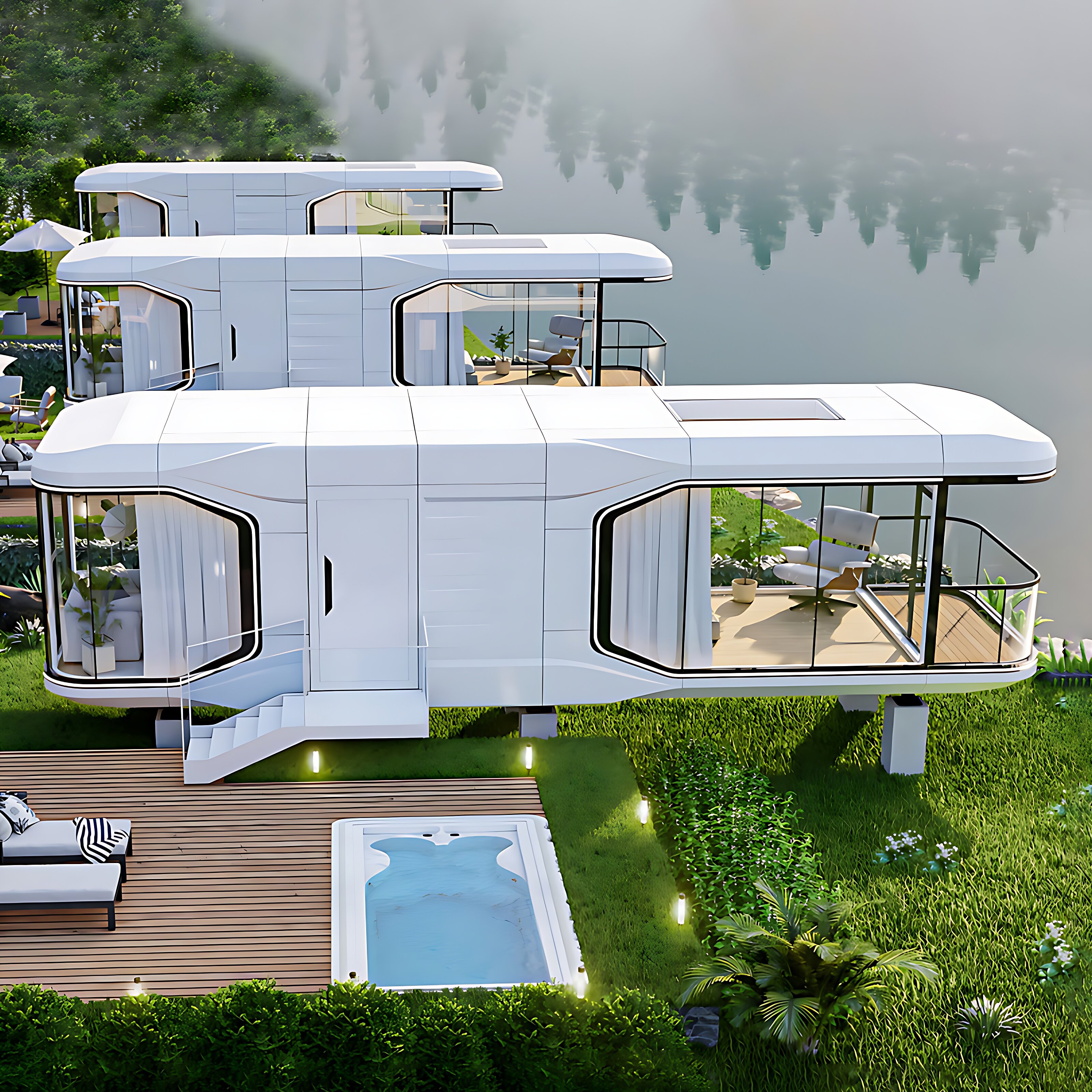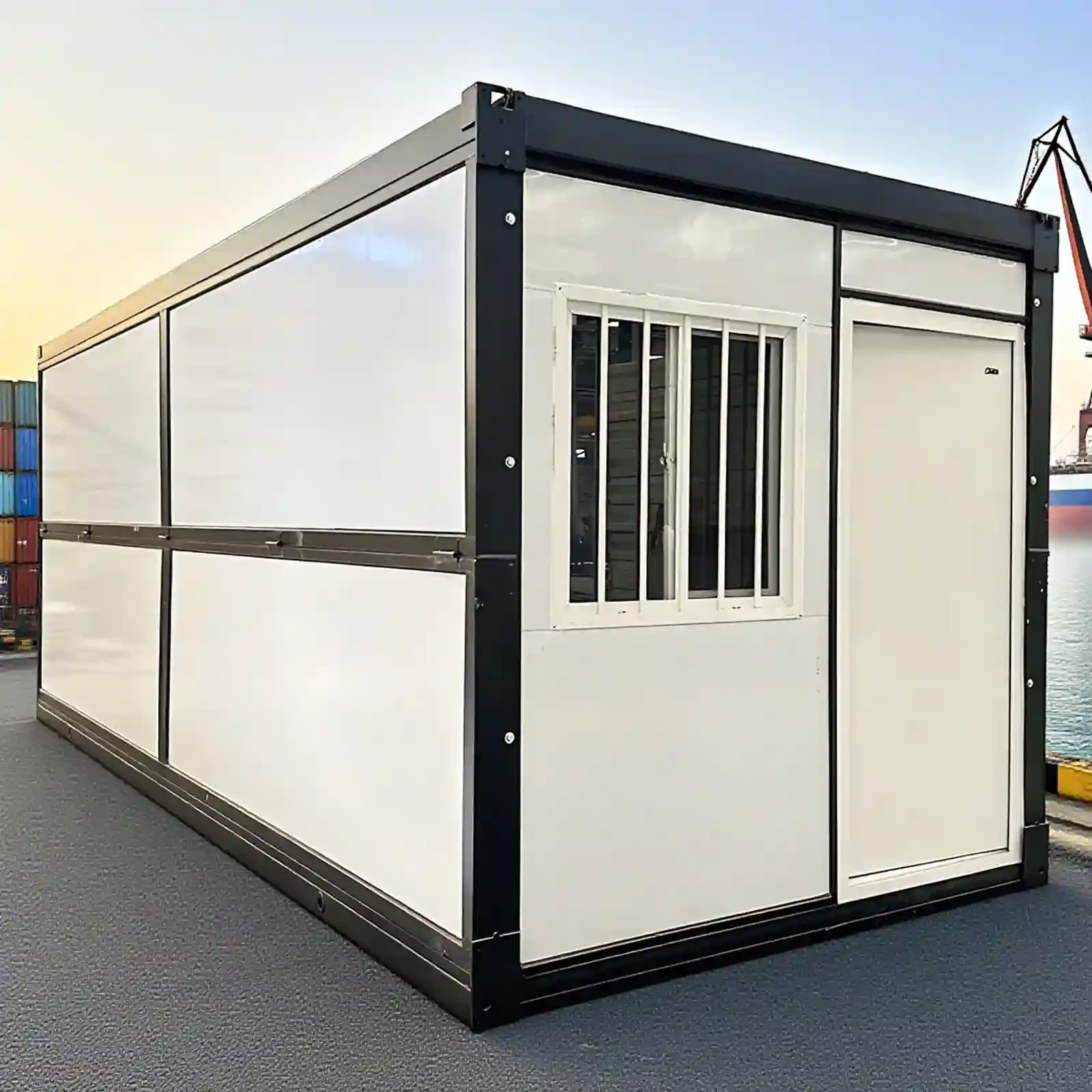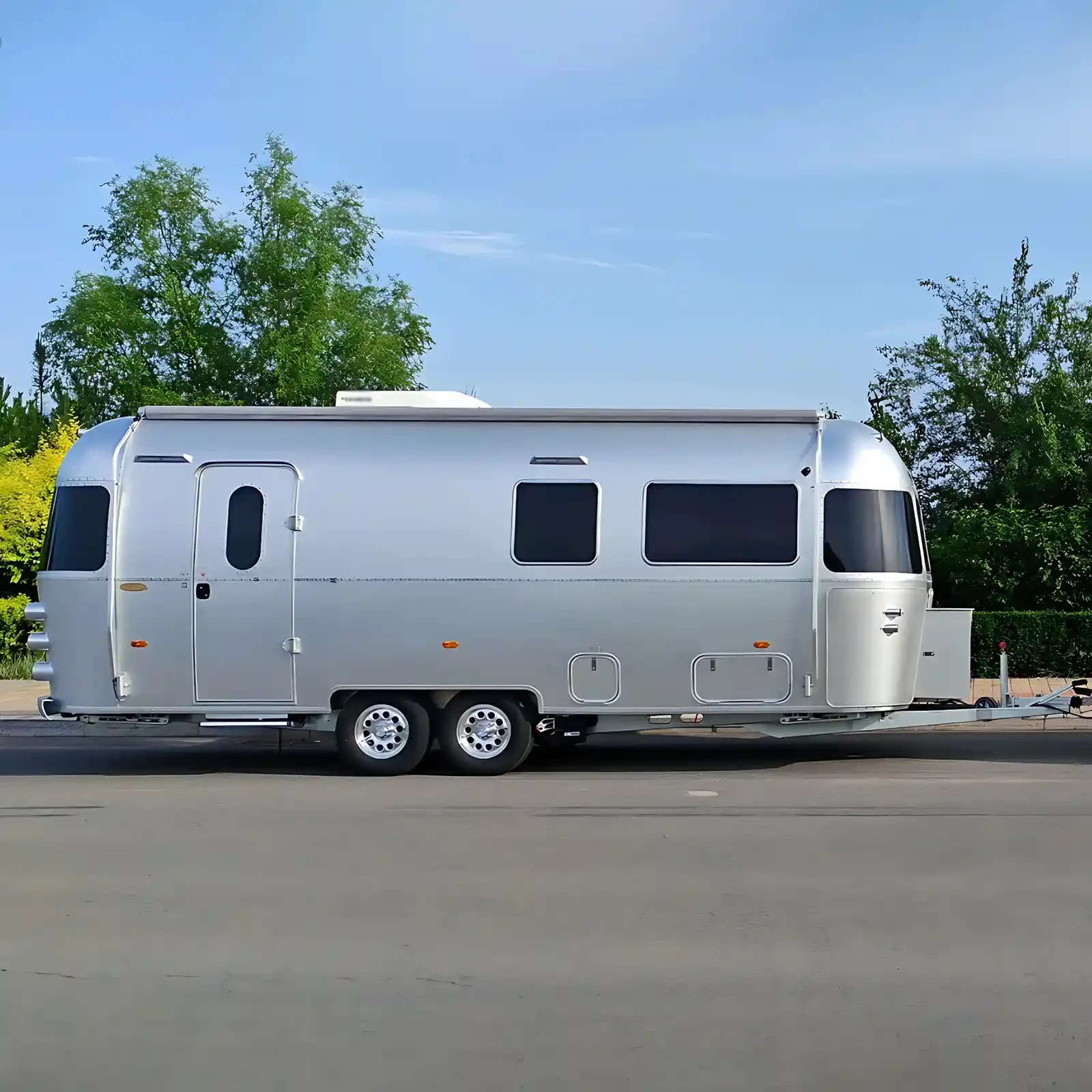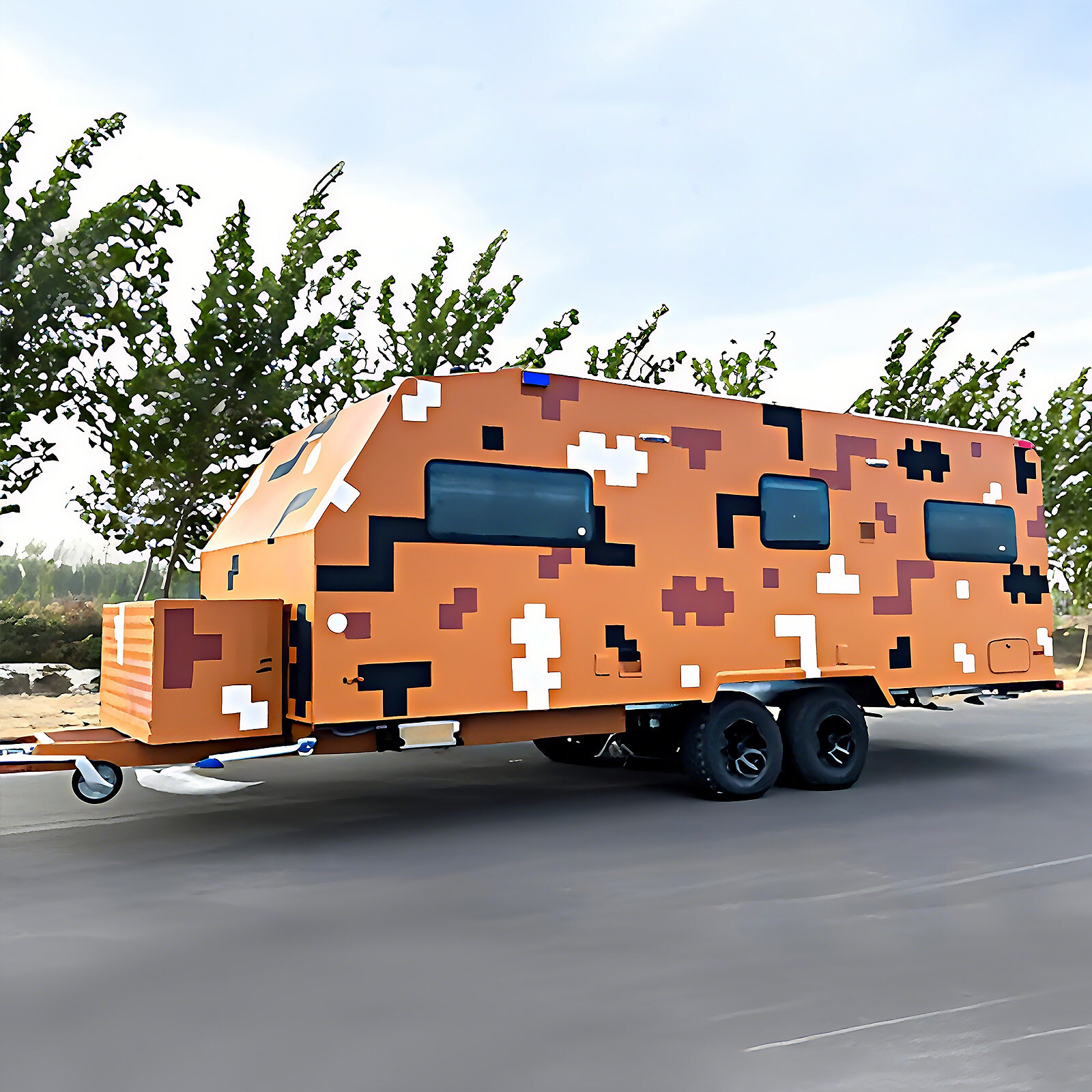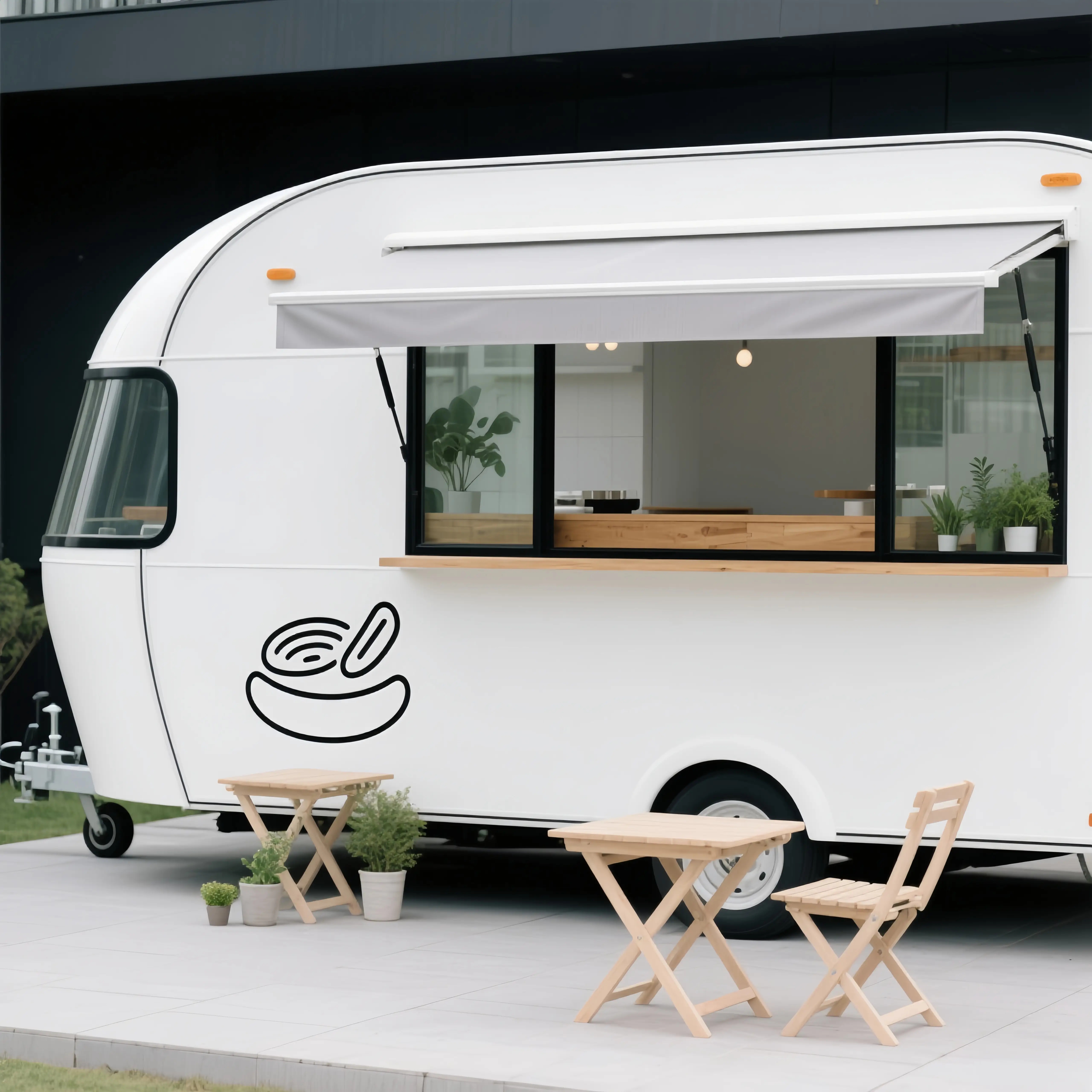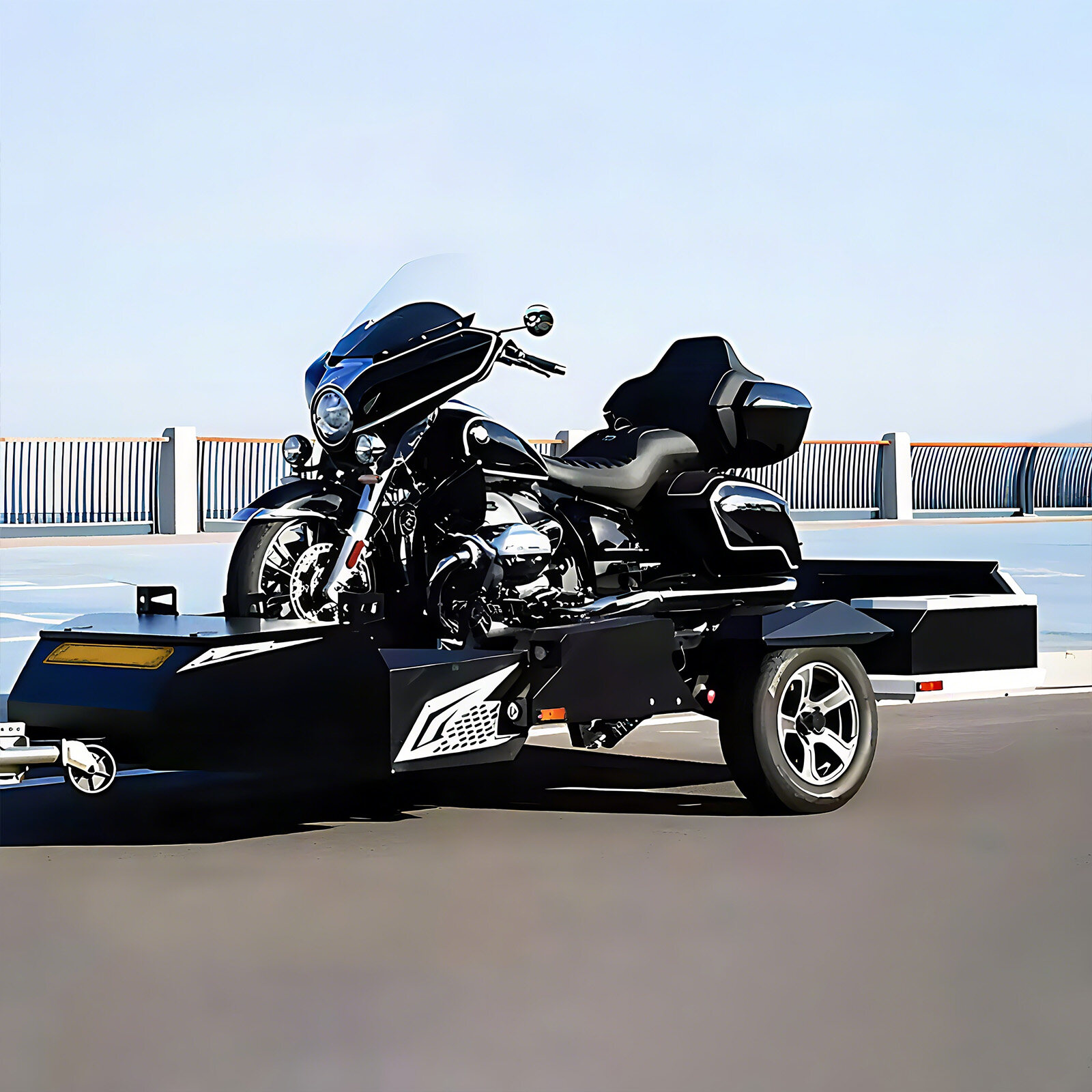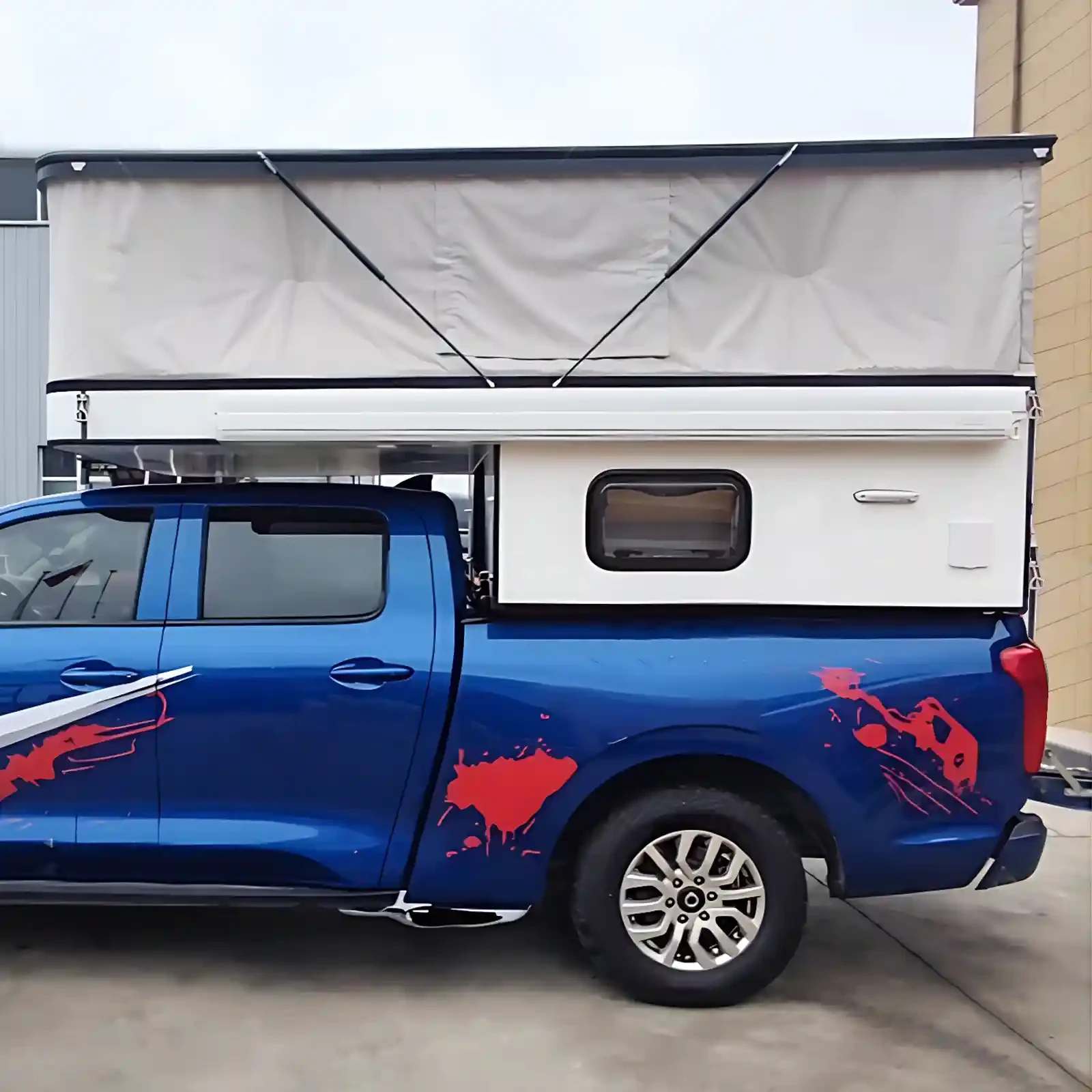As people crave more freedom, more flexible hiking and self-driving tours are gradually replacing the boring, fixed group tours. These allow people to spend more time alone with the most beautiful scenery, fully appreciate the beauty of nature, and experience the true meaning of travel: being on the road! RV travel allows you to stay on the road, making travel easy and enjoyable.
However, with the rise of self-driving tours and hiking, new problems have emerged, such as accommodation, food hygiene, and rest quality. So how can we solve these problems? How can we create a trip that is both fun and hassle-free? That's what I want to talk about: the meaning of RV travel.
1. Accommodation issues during travel
The essence of travel is being on the road, but you can't be on the road all the time. You always have to stop to see the sights and find a place to sleep at night. However, whether you're traveling by car or by road, you'll encounter a common problem: booking accommodation. Without the discounts of a group tour, booking on your own will be very expensive, and during peak travel seasons, it's often difficult to find a room. Traveling by car is easier, as you'll bring your own tent and sleeping bag, while hiking generally involves setting up camp.
What about self-driving? Do you have to sleep in your car? So, you'd have to book hotels beforehand and then follow a planned itinerary step by step, which would seem like a return to the old days of traveling with a tour group. The recently booming "RV" (recreational vehicle) self-driving is a great option, as it combines the functions of a car and a home, solving the accommodation problem. RVs offer ample space, making them comfortable. There's no need to worry about room or hygiene issues when traveling with an RV.
2. Dietary issues
Being on the road is physically demanding, and diet becomes a crucial concern. A poor diet can certainly dampen your mood, and a stomach upset can ruin an otherwise enjoyable trip. So how can one ensure a healthy and balanced diet? Cooking your own meals is a good option, a long-standing favorite among outdoor enthusiasts. For short trips, they bring their own food from home, while for longer trips, they prepare ingredients and cook on the stove. While the food is delicious, cooking outdoors requires a plethora of equipment-oils, salt, sauces, vinegars, pots, pans, and more-making it a hassle to carry and store, requiring constant hauling.
The kitchen function of the RV can solve this problem very well. Although the space is not large, it is still very complete with various cooking equipment, which is more than enough to meet the needs of outdoor cooking. The kitchen that comes with the RV allows you to eat whenever and wherever you want. It is not only cheap and hygienic, but also does not worry about being overpriced.
3. The problem of rest quality
As we all know, many people like camping because it allows them to stay outdoors and be closer to nature. However, this can lead to problems with rest quality. The temperature difference between morning and evening and the hardness of the ground can affect sleep quality. How can this problem be solved? This is where the RV lounge comes in handy. The large bed is just the right amount of firmness, making sleeping on it just like sleeping in a hotel, ensuring the best possible sleep quality.
4. Hygiene issues
Outdoor travel is always exposed to the elements, especially in the summer. High-intensity exercise and the resulting heat can leave you sweating profusely. Damp clothing, dirty hands, and perspiration all create breeding grounds for bacteria. A hot shower and a change of clothes are a welcome relief. An RV bathroom can satisfy this need, featuring a showerhead and a sink, allowing you to enjoy a hot shower and a good rest after a fun day.
5. Issues with water and electricity replenishment for RVs
With the popularity of free travel, RV travel is accepted by more and more people because of the above advantages. However, as an internal circulation space, RVs need to have their own water tanks for water use, and electricity is also stored in batteries. These cannot meet life needs for a long time, so there needs to be a fixed place to provide supplies for RVs. The editor’s method is to add that where there are people, there is water, electricity is generated by solar energy, and vegetables can be bought wherever you go, and they are all the freshest.
There are many meanings of RV self-driving. What the editor cares about is more interaction with family members, improvement of children's hands-on ability, different environments and people every day, and children not watching TV or mobile phones; let children understand society and nature, and truly achieve the goal of "reading thousands of books is not as good as traveling thousands of miles."

 USD
USD
 GBP
GBP
 EUR
EUR
